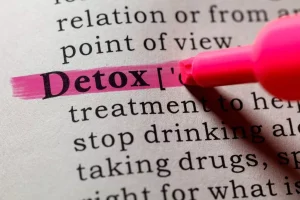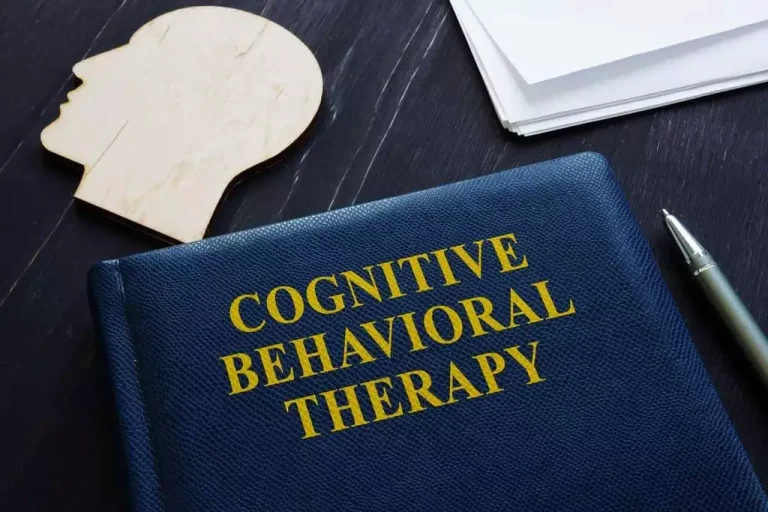Unlocking Healing: Benefits of Group Therapy in Addiction Recovery

You’ll find below a selection of guided beginners’ meditations to help you clear your mind, calm your emotions, heal past memories and bring in fresh new energies and perspectives. Mindfulness practices encourage individuals to connect with their emotions and experiences. When individuals practice mindfulness, they cultivate awareness and compassion, which can enhance their relationships with supportive peers and mentors.
The Role of Art Therapy in Emotional Healing During Recovery

This session educates members on balanced diets, the importance of nutrients, and how dietary choices can positively impact mood, energy, and overall well-being. Guide members through a visualization exercise where they imagine themselves succeeding in recovery, reinforcing a positive outlook and boosting self-belief. Vision boards offer a creative way for members to visualize their goals and dreams. This activity involves crafting boards with images and words representing their future aspirations, helping to reinforce their commitment to a purposeful, substance-free life.

Mechanisms of Suffering Reduction Through Mindfulness
These practices help them acknowledge cravings and triggers without automatic engagement in substance use. By connecting with feelings through mindfulness, people report feeling more in control and able to make conscious choices rather than succumbing to impulsive responses. For instance, techniques like urge surfing allow for non-judgmental observation of cravings, which can diminish their intensity over time. Research highlights that mindfulness training significantly affects the anterior cingulate cortex (ACC) and medial prefrontal cortex (mPFC).

Coping When Drug Treatment Programs Don’t Aid Your Daughter
Substance and drug use can highly alter the way our brain works and may even lead to permanent damage of cells within the brain. Addiction can be characterized by changes in our behavior, especially when we reach a state of dependence on the substance of the addiction. Depression is one of the mental health conditions where individuals experience extreme sadness, lose interest in things they used to enjoy, and may have trouble doing everyday activities. Your journey towards a healthier, addiction-free life is a brave and worthwhile endeavor, and we wish you all the best as you continue to heal and grow.
Addiction creates a sense of reward and fulfillment in our mind and body, giving us either a sense of rush, relaxation or numbness. When the mind gets used to receiving a usually easy and fast reward, it will become more and more dependent on it, seeking relief in a less energy-consuming way. As we delve into the topic of communion meditation scriptures, it’s important to recognize the significance of this practice in the Christian faith. Consistency is key to building a strong foundation and reaping the rewards of meditation. Recovery is possible, and adopting a holistic approach that includes meditation can be incredibly beneficial.
- Making them part of your daily life can help you stay grounded and support your journey toward long-term growth.
- By recognizing triggers without overwhelming feelings, those in recovery can engage in healthier responses, significantly reducing relapse risks.
- Clients receive personalized guidance on making meditation part of their everyday life, with continued support to sustain these habits throughout their recovery process.
- It allows individuals to sit with unpleasant feelings, recognizing their transient nature rather than succumbing to them.
How to address financial challenges during addiction recovery
At week 24, the mean opioid craving decreased by 67 percent in the M-ROCC group and by 44 percent in the recovery support group. The authors say this difference may result from the effect that mindfulness can have on correcting reward processing dysfunction and interoceptive dysregulation. We know that not everyone can access traditional therapy, so we’ve put our expertise into developing tools that empower both therapists and the people they support.
Five Herbs to Aid in the Addiction Recovery Process
As registered and regulated psychotherapists, what is alcoholism we understand how difficult it can be to find ethical, evidence-based therapy tools in the public domain. With over 20 years of combined experience, we are trained in Psychodynamic Psychotherapy, Art Psychotherapy, Trauma-Focused CBT, and EMDR. • Bonus Session – Mindfulness and compassion meditation for families supporting a loved one in recovery.

Understanding drug and alcohol-induced brain damage, its impacts, and the path to recovery. Explore the scope of drug abuse addiction and treatment, from statistics to innovative therapies for hope. Discover what dual diagnosis treatment is and how it offers a path to recovery for those with addiction. Discover tips for staying sober on Thanksgiving, from mindful practices to navigating social gatherings.
Tips On How To Control Addiction Through Meditation
- Incorporating mindfulness practices into addiction treatment can significantly support recovery by improving mental health and reducing substance use.
- Programs like Mindfulness-Based Stress Reduction (MBSR) and Mindfulness-Based Relapse Prevention (MBRP) provide structured frameworks to learn about mindfulness in the context of addiction.
- This nonreactive stance enables individuals to confront and manage their emotional responses, reducing the intensity of triggers.
- As meditation reduces reactivity in the amygdala, individuals gain better control over their emotional responses, which is vital for coping with stressors in recovery.
- Meditation is often used to cultivate higher awareness and inner tranquility and to bring peace to our busy minds.
A 2002 study by Kjaer et al. found that meditation can successfully counter addictive behaviors by regulating dopamine production. In fact, participants’ dopamine levels were boosted by a staggering 65% during meditation and remained at optimal levels addiction meditation kundalini when not in meditation 8. One symptom for people suffering from addiction is an overwhelming urge to satisfy a craving when it strikes. For instance, one 2015 study found that excessive eating and shopping were two and three times higher in women than men, respectively; meanwhile, excessive sexual behavior was four times higher in males 3.
Role in Self-Regulation and Reward Processing
Mindfulness not only enhances self-awareness but also aids in emotional regulation, making it a valuable tool in addiction recovery. By decreasing rumination and improving decision-making during high-risk situations, mindfulness helps individuals maintain sobriety and resilience against relapse. The integration of mindfulness practices into addiction treatment has been linked to improved recovery outcomes, showcasing its therapeutic potential in transforming lives affected by substance use disorders. Individuals who experience consistent mindfulness training show enhanced emotional regulation and decreased reactivity to distressing thoughts, which is instrumental in minimizing future substance use. Overall, MBIs contribute positively not only to the management of current addiction but also to the reduction of future relapse risks.
